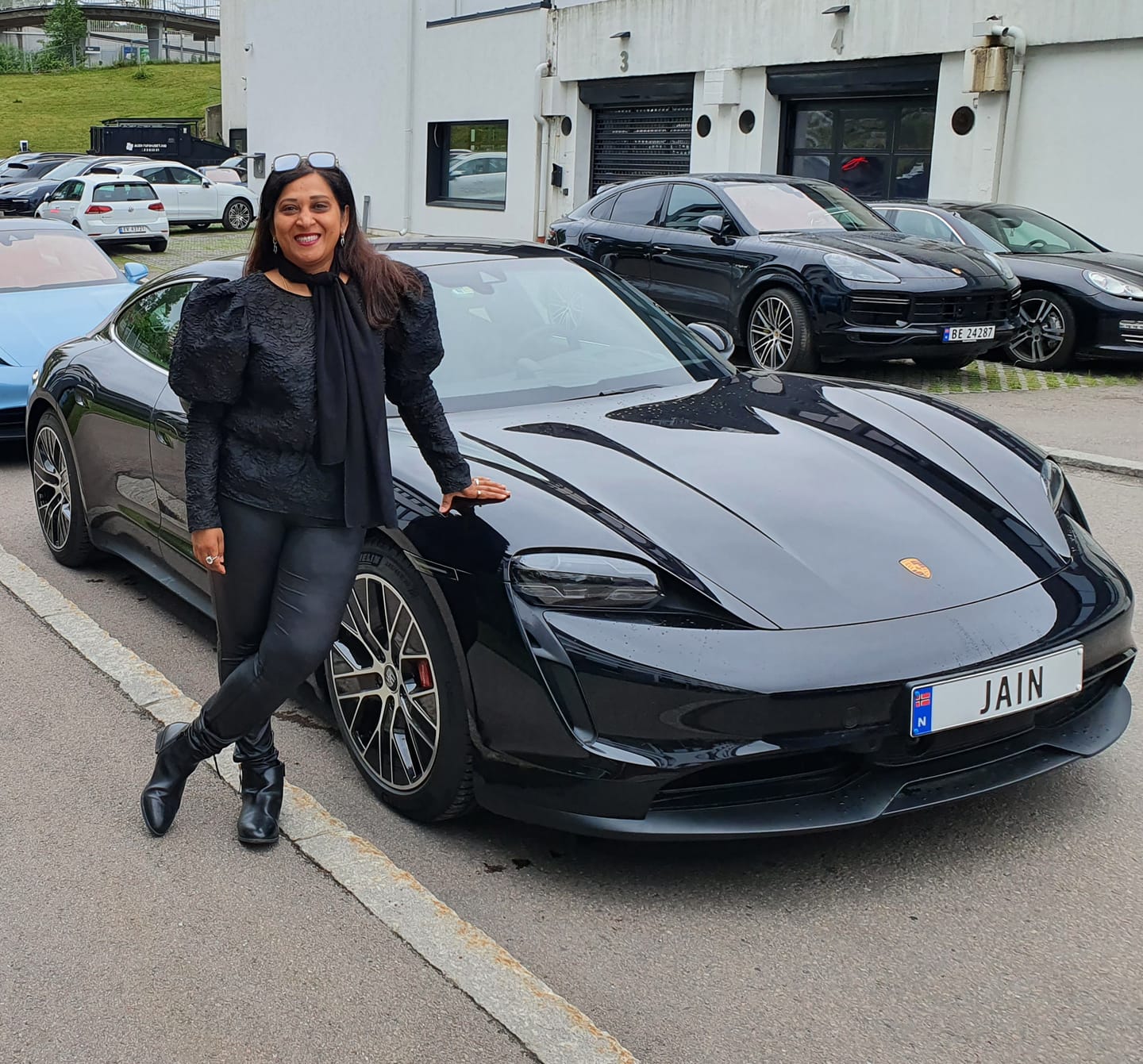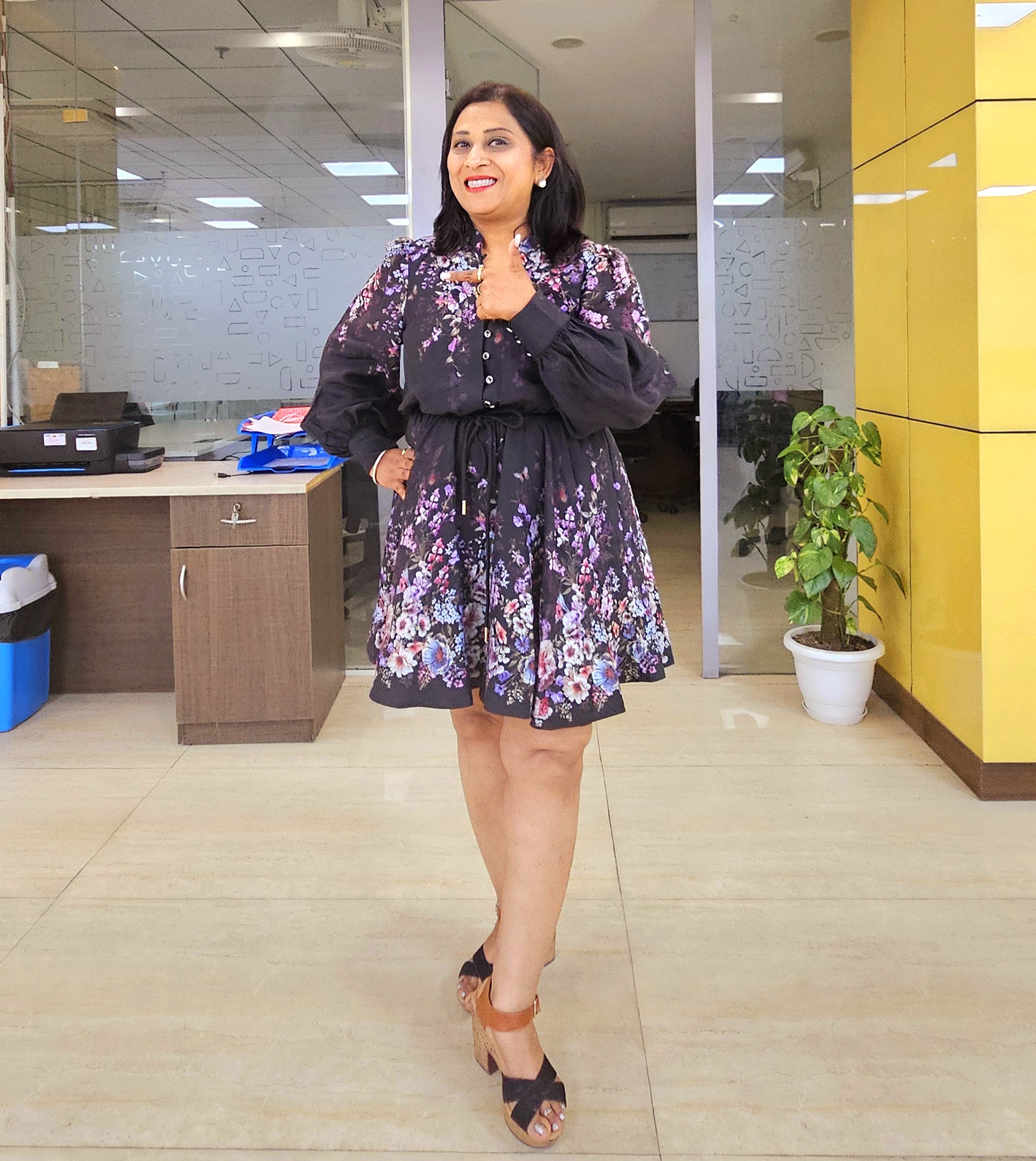Imagine that as a newly graduated Norwegian you emigrate to India without knowing a single word of Hindi, get a job as a lead chemist, teach the locals how to dance Norwegian traditional folk dance and make them perform on an Indian TV talent show. Now, 25 years later you and your husband have a conglomerate of companies in New Delhi with 50 Norwegian employees working for you in Oslo. Can you picture it? Reverse the roles, and you have Anshu Jain.
OK, Anshu. Where on the planet did it all start for you?
I come from the city – Old Delhi, the area of Chandni Chowk to be specific, and I was born on 18 August 1974.
Last time we checked, Chandni Chowk has an average temperature of 30.97 °C, including the winter season! What is your academic and linguistic background?
I have a Master’s in chemistry from Hansraj College at the University of Delhi from 1997, and a Master of Business Administration specialising in business operations from the Institute of Management Technology in Ghaziabad. I started the latter last year and finished it a few weeks ago. I speak Norwegian, English, Hindi and a little Punjabi, in addition to basic Japanese.
Thereby confirming all our prejudices about Indians being ambitious and hardworking. How did you earn your first money?
I tutored small children at my home part-time, starting when I was 18 years old.
What brought you to Norway?
Well, I married to Vineet and moved here!
Love moves in mysterious ways. Apart from your husband, what quickens your pulse?
Dancing! I have been a Bollywood dance instructor for over ten years. I took my dance group to the Norwegian talent show Norske Talenter, which aired on the channel TV2, where we were one of the semi-finalists. I have been the host of several Indian cultural events, and I have been the manager of the Indian dance school Damini House of Culture. Travelling is also something I love! So far, I have visited 45 countries. And I love nature and like hiking.
That couldn’t be more Norwegian! What’s the most interesting difference between Indians and Norwegians, as you see it?
Indians are very warm. They open both their home and their heart when they meet strangers, unlike Norwegians, who take a little time to become acquainted. This is the greatest cultural difference I noticed when I came here.

What’s been your career path?
I started as an IT developer, then worked as a senior engineer in chemistry and now as chief marketing officer. I realise now that I have been professionally active for 25 years. Time flies!
Glocal View has been more successful than its comparable competitors in creating understanding among offshore programmers for assignments from Norwegian clients. Is this success solely due to the fact that you and your husband speak fluent Norwegian, or do you have other tricks of the trade as well? We’re after the business secrets here!
To become integrated into society, language is indeed one of the most important things. Vineet, my husband, and I have worked hard to learn Norwegian. Besides, we are both networkers, which has helped us build the company. In addition to that, trust is the most important thing. Vineet and I trust each other’s decisions, and we trust our employees, our customers and our suppliers.
Our second trick of the trade is our goal. Glocal View aims to create jobs not only for those with solid IT training but also for those with other skills. This led to the start of Glocal View Food and Beverages in 2023. My responsibility is to further develop coffee and tea projects, mainly in India. We aim to expand these projects across Europe.
The third trick is that as Indians in Norway, we have an advantage in international business: we know the language and culture of two entirely different countries, which means we have far more opportunities to expand into a much larger market. This is reflected in our name: Glocal is global plus local. We work globally and are locally present.
Indians who live in Norway are highly respected and considered very smart – or intelligent, to be a bit less politically correct. Is that due to heritage or environment, nature or nurture?
That’s actually two questions.
Firstly: Are Indians born smart, or do we become smart? India has the world’s largest population and is not a welfare state like Norway. Generation after generation earns their money to support the next generation. Not everyone is born smart, but we work hard to become smart.
Secondly: Why are Indians considered smart? The reason is that they often surround themselves with intelligent people. “You become like the people you spend time with,” as the saying goes.
So the answer is both heritage and environment. At the same time, I believe you must be hungry for success to succeed. Vineet and I are both very ambitious, and we dare to struggle to succeed.
So smartness is a result of nature, nurture and hunger. Smart thinking!
Yes, that’s me in a nutshell!
What is your life motto – or should we call it a goal?
Contribute to society to make it a better place for future generations! Be kind, caring, a good wife, a good mother – and above all, a good person.
—


